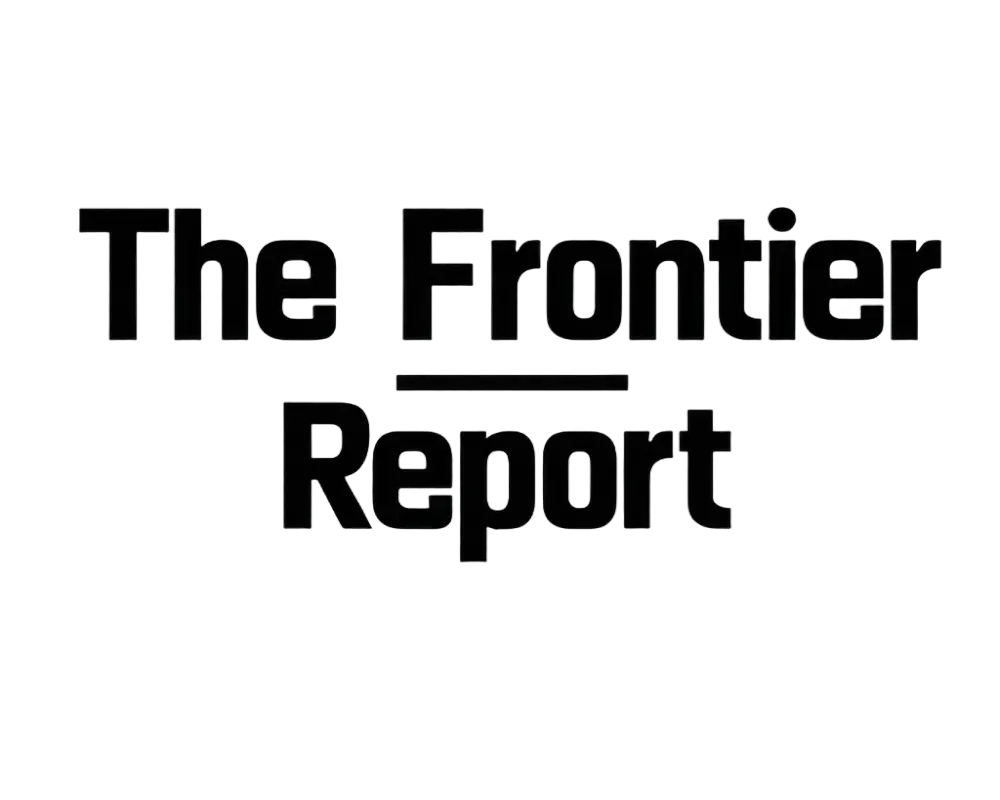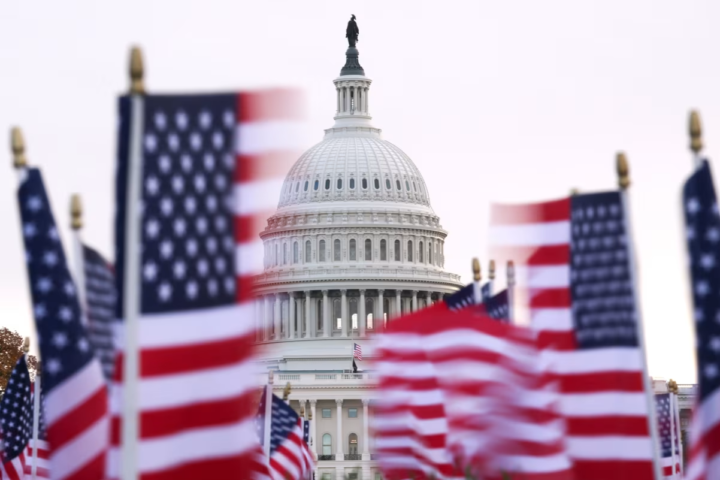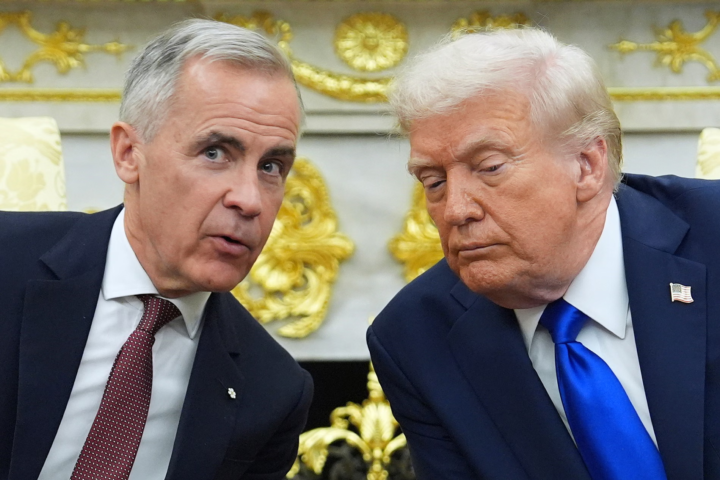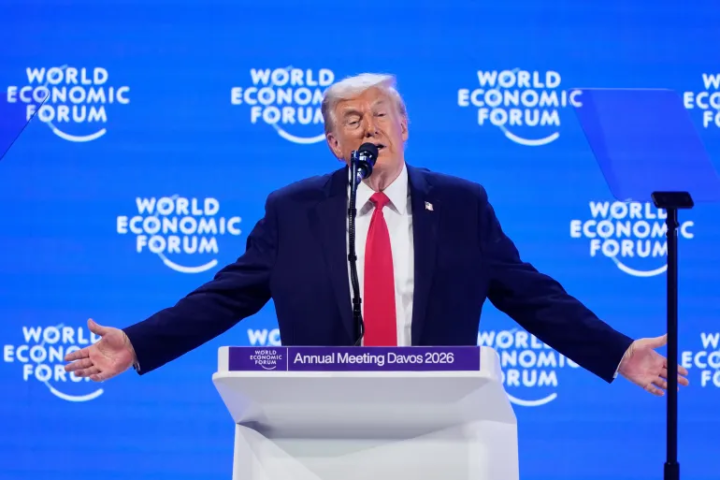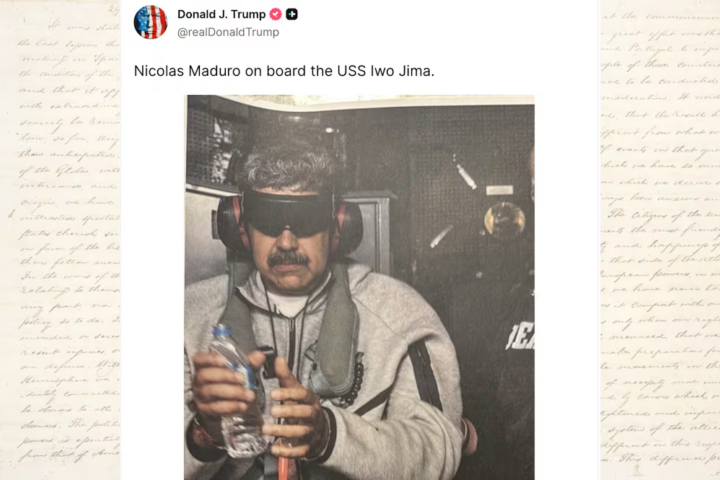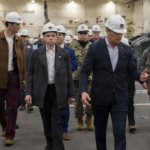Just after midnight on June 21, 2025, the U.S. bombed three of Iran’s nuclear sites—Fordow, Natanz, and Isfahan. It was the first time in over 40 years the U.S. attacked targets inside Iran. The risk of a larger war just went up.
The operation—called Midnight Hammer—used stealth bombers and submarine-launched missiles. Fordow, built deep into a mountain, was hit with bunker-busting bombs. Natanz and Isfahan were hit by long-range strikes aimed at slowing uranium enrichment.
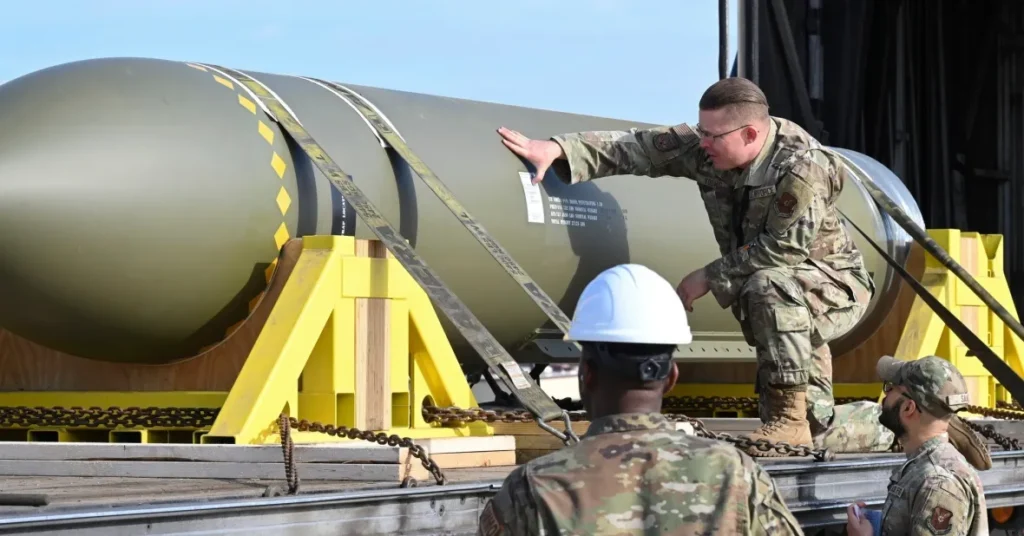
President Trump said the attack was “flawless.” In a televised speech, he warned Iran not to retaliate—or face even harsher force. Pentagon officials claimed the strikes set Iran’s nuclear program back several months. But not everyone agrees. Some U.S. intelligence reports say Iran could recover quickly. They’ve prepared for this.
Iran called the strike an act of war. Leaders promised revenge. So far, they haven’t hit back. But they’ve moved troops, alerted allies, and sent clear warnings. Militias linked to Iran in Iraq, Syria, Lebanon, and Yemen say they’re ready to respond.
World leaders reacted fast
Some condemned the attack. Others stayed quiet. A few backed it privately. Emergency meetings were held. Statements flew. No clear plan followed. Everyone’s watching what happens next.
In the U.S., reaction split fast. Supporters said the strike sent a message. Critics called it reckless. Many in Congress said they weren’t told. Some are now trying to limit the president’s war powers.
The bigger question: what’s the endgame?
Yes, the strikes damaged Iran’s program. But it won’t stop it. Iran’s not likely to give up now. If anything, this may speed them up. Military pressure rarely changes minds in Tehran—it hardens them.
The attack also sets a precedent. The U.S. acted without warning, without approval, without a direct threat. That weakens norms and makes future diplomacy harder. Other countries might take that as a green light to do the same.
Still, the strike worked. It showed the U.S. military can hit fast and hit hard. The operation was precise. Coordinated. It sent a message—not just to Iran, but to every other government watching.
Now it’s a waiting game
Will Iran strike back? Will it go through proxies? Will this stay contained—or spread?
No one knows. But one thing’s clear: the U.S. just made a move that changed the whole game. The Middle East is more dangerous today than it was yesterday. The next decision—on either side—could decide how far this goes.

